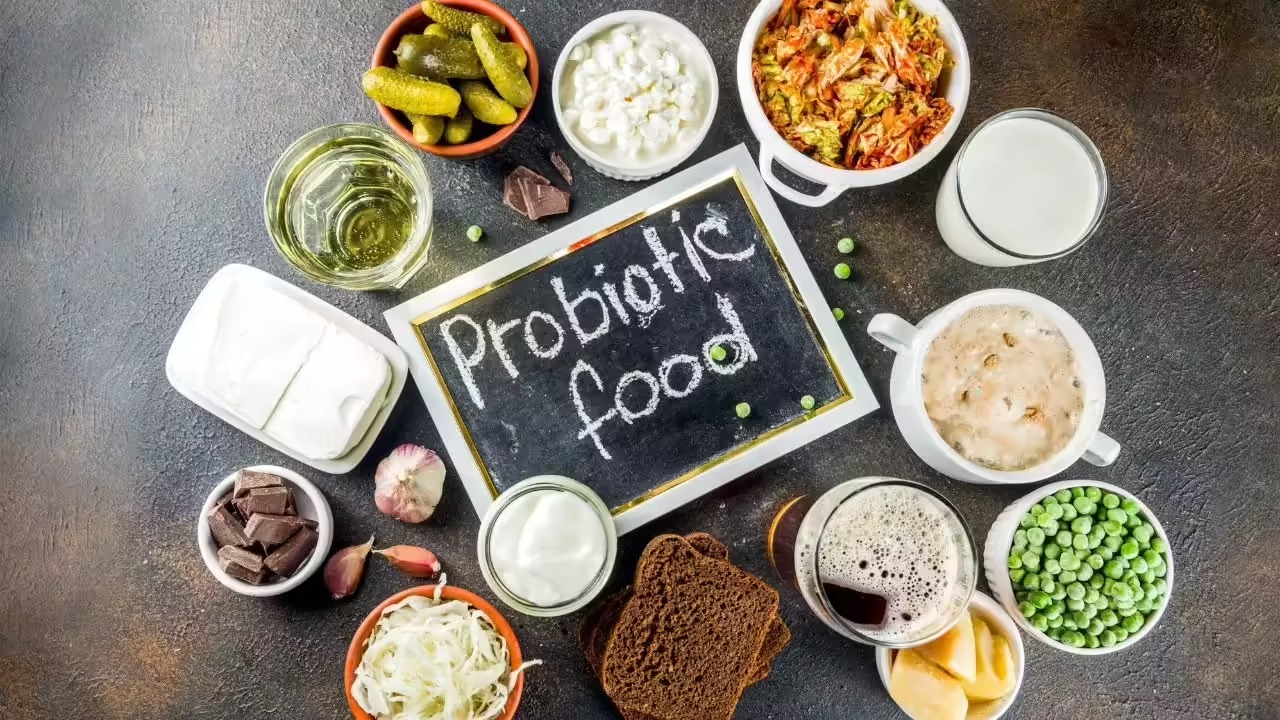
Follow WOWNEWS 24x7 on:
Updated: September 20, 2025 06:16

As awareness around gut health continues to grow, Indian households are rediscovering the power of traditional fermented foods that go far beyond the familiar bowl of dahi. On September 19, 2025, India TV News spotlighted seven time-tested Indian dishes that are rich in natural probiotics—beneficial bacteria that support digestion, immunity, and nutrient absorption. These foods, rooted in regional culinary heritage, offer a flavorful and functional alternative to packaged supplements and imported health trends.
From spongy idlis to tangy kanji, these fermented staples have long been part of India’s food wisdom. Their revival is not just a nod to tradition but a timely response to modern lifestyle challenges such as bloating, fatigue, and poor digestion.
Key Highlights From The Gut-Friendly Lineup
- Idli and dosa batters contain lactic acid bacteria from overnight fermentation
- Kanji offers probiotic and antioxidant benefits through fermented vegetables
- Handvo and appam combine grains and vegetables with natural fermentation
- Traditional pickles made without vinegar are rich in live cultures
- These foods are accessible, affordable, and deeply rooted in Indian kitchens
1. Idli: South India’s Soft Probiotic Pillows
Made by fermenting rice and urad dal batter overnight, idlis are a breakfast staple that deliver a dose of lactic acid bacteria. The fermentation process not only makes them fluffy and light but also enhances their digestibility. Served with sambar or chutney, idlis are a gentle way to start the day while nourishing the gut.
2. Dosa: Crispy Crepes With Tangy Cultures
Dosa shares its base with idli but is cooked into thin, crispy crepes. The fermentation imparts a subtle sourness and introduces beneficial microbes that support gut flora. Dosas are versatile, pairing well with spicy fillings or simple coconut chutney, making them both probiotic-rich and palate-friendly.
3. Kanji: North India’s Fermented Elixir
This vibrant drink is made by fermenting black carrots or beetroot with mustard seeds and water. Left in the sun for several days, kanji develops a tangy flavor and a rich probiotic profile. Popular during Holi and winter months, it aids detoxification and digestion while offering antioxidant benefits.
4. Handvo: Gujarat’s Savory Fermented Cake
Handvo is a baked or pan-cooked cake made from fermented rice, lentils, and vegetables. The batter is left to ferment overnight, resulting in a spongy texture and gut-friendly microbes. Often seasoned with sesame and mustard seeds, handvo is a wholesome snack that combines taste with therapeutic value.
5. Appam: Kerala’s Coconut-Infused Fermented Delight
Appam is a soft, bowl-shaped pancake made from fermented rice batter and coconut milk. The natural fermentation lends it a mild sourness and probiotic richness. Its airy texture and subtle flavor make it ideal for pairing with vegetable stews or egg curry, while supporting digestive health.
6. Pickles (Aachar): Tangy Traditions With Live Cultures
Traditional Indian pickles made with salt, oil, and spices—rather than vinegar—are potent sources of probiotics. Mango, lemon, and chili pickles fermented over weeks develop lactic acid bacteria that help maintain gut balance. These pickles are best consumed in moderation and are often served as condiments with meals.
7. Dhokla: Steamed Goodness With Fermented Flair
Dhokla, a Gujarati snack made from fermented gram flour, is steamed to perfection. The fermentation process enhances its probiotic content while making it light and easy to digest. Dhokla is often garnished with mustard seeds and coriander, adding flavor and texture to its health benefits.
Looking Ahead: Gut Health Through Culinary Heritage
As India embraces wellness through food, these fermented staples offer a sustainable and culturally resonant path to better digestion and immunity. Unlike commercial probiotics, these dishes are homemade, affordable, and deeply embedded in regional traditions. Their revival is not just about health—it’s about reconnecting with culinary roots and reclaiming everyday nutrition.
Sources: India TV News, Times of India.





